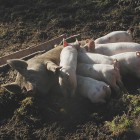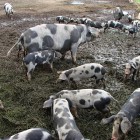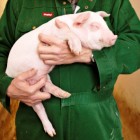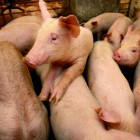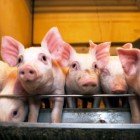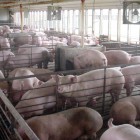Agribusiness
Here is where pigs infected with MRSA live
|
If you are a pig farmer and are looking for breeding animals that are free from MRSA, you will find here the first list ever showing farms whose pigs have officially been tested by the authorities and found to be infected. You will have to take extra precautions if you want to deal with these farms. You can demand that they produce a recent MRSA attest so you can know if their pigs are still infected. If you are looking for a job in the farm sector, the list can be used to find establishments which have or have had problems with bacteria in the workplace. For producers, neighbors and the local population in the vicinity of pig farmers, the list also provides clear and honest information about the presence of infection, as the Veterinary and Food Administration (Fødevarestyrelsen) investigated it in 2011 and 2014. See the list over 205 pig farms where there was found MRSACC398-bacteria in the period 2011-2014
In the latest investigation from 2014 there are 181 larger pig production units, which either produce piglets for sale or pigs to be slaughtered.
